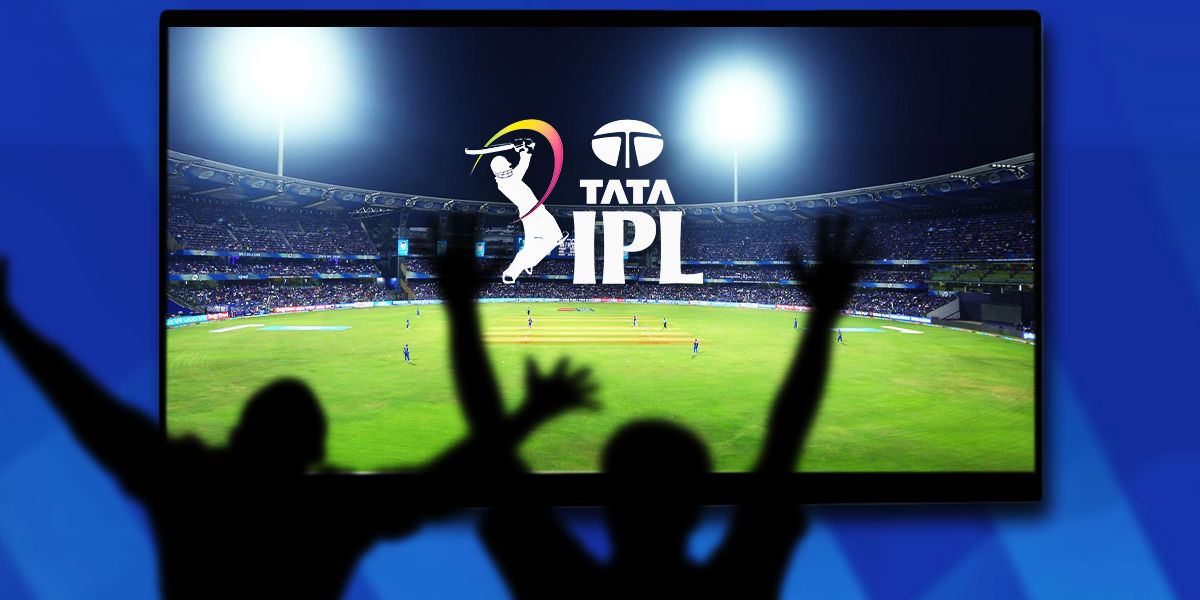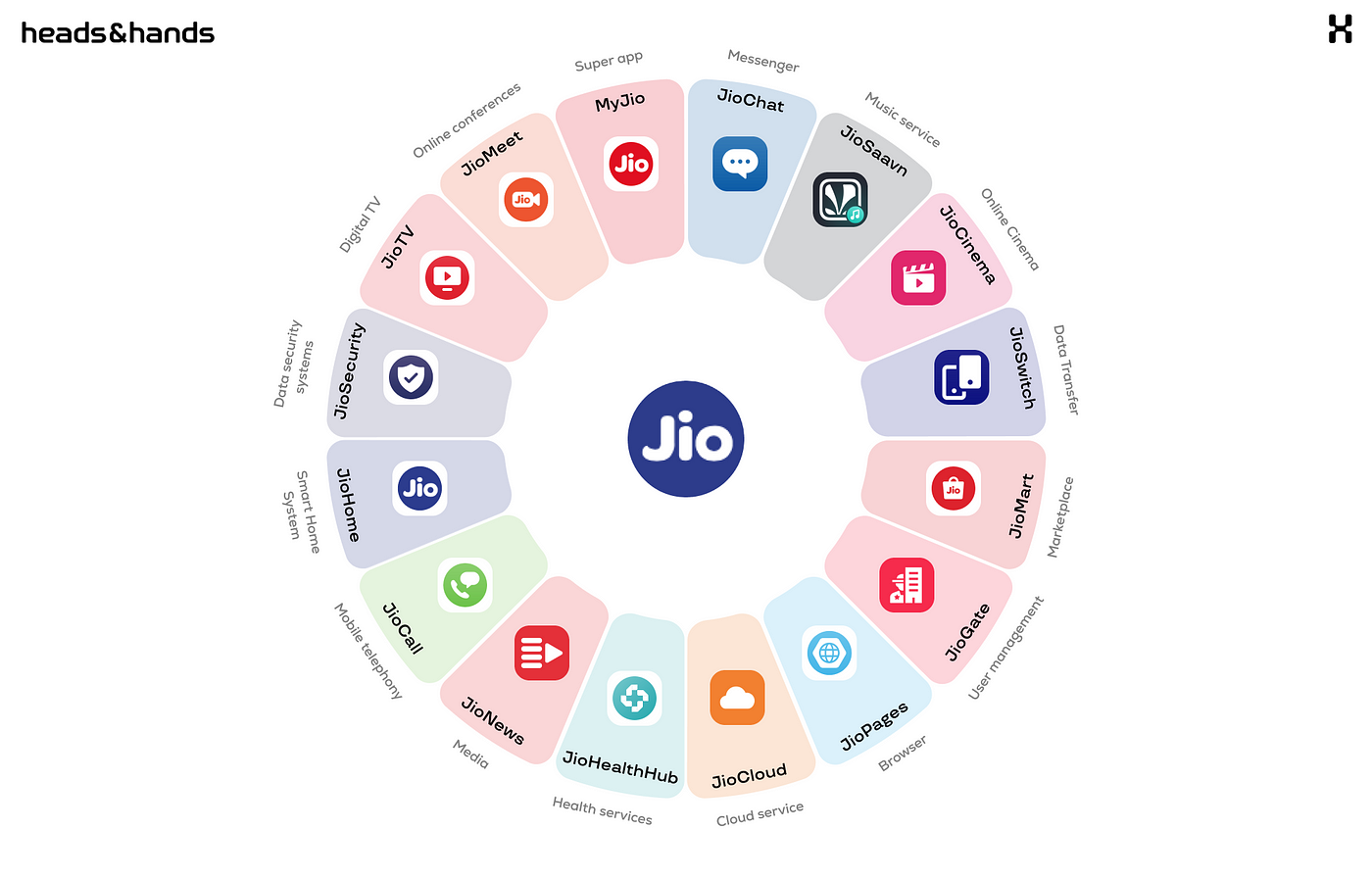How JioCinema's Acquisition of IPL Rights is Shaping the Streaming Landscape in India and Impacting Disney in USA

Introduction
In the fast-paced world of streaming services, the balance of power can often shift with a single deal. One such seismic shift has occurred in India, where JioCinema, a streaming platform owned by Indian billionaire Mukesh Ambani, recently acquired the digital streaming rights for the Indian Premier League (IPL) cricket matches from 2023 to 2027. This move has not only disrupted the Indian streaming market but also caused ripples of concern for the global entertainment giant, Disney, and its Disney+ Hotstar platform.

The IPL Rights Acquisition by JioCinema
JioCinema, which had primarily relied on a free content model until recently, announced premium pricing of 999 Indian rupees ($12) a year as part of its strategy to compete with global rivals like Netflix and Disney in India. This strategic change came on the heels of a content deal that Reliance's Viacom18 struck with Warner Bros, which will see popular HBO and Warner titles, including "Succession" and the Harry Potter series, available on the JioCinema platform.
Viacom18, a joint venture between Reliance Industries and Paramount Global, won the IPL digital streaming rights for around $2.9 billion. Previously, these rights were held by Disney, which used them to stream IPL matches on its Disney+ Hotstar platform.
This development comes as JioCinema is planning to increase its content offerings. The platform is in talks with various production studios and plans to introduce dozens of TV shows and movies in multiple languages in the coming months.

The Impact on Disney+ Hotstar
Disney+ Hotstar has been a significant player in the Indian streaming market, primarily due to its coverage of the IPL matches. Estimates suggest that the loss of IPL streaming rights could cost Disney+ Hotstar around 20 million subscribers. For Disney, this is a significant blow as the company had managed to sign up a lot of cricket fans for Disney+ Hotstar, even pointing to the delay in the start of the IPL season last year as a reason for its weak subscriber numbers in the fourth quarter.

However, the loss of the IPL rights may not be entirely disastrous for Disney. While it's true that the company could lose a substantial number of subscribers, it also frees up funds for different content. Disney would have had to attract tens of millions of subscribers in India to justify the cost of the IPL rights and produce better subscriber rates than if it used that money for different content. Now, with an extra $600 million per year, Disney can outspend some of its biggest rivals in India by using those funds to produce original content or secure the redistribution rights for popular series and films. This strategy could reach a much broader and potentially higher-paying audience than IPL matches alone.
Moreover, Disney still retains the television broadcast rights for the IPL throughout India, where it operates dozens of networks reaching 790 million viewers. This presents opportunities to advertise Disney+ Hotstar to IPL fans and highlight other sports programming on the service, as well as the films and TV series it offers.
The Implication for Disney's Stock Price
While Disney+ Hotstar's loss of the IPL rights has caused concerns about the impact on Disney's stock price, it's important to consider the broader context. Disney's internal financial modeling suggests that the high cost of the rights isn't worth paying to attract the number of subscribers necessary to justify the outlay.
Therefore, the loss of IPL rights might not be as catastrophic as it seems at first glance. The funds saved could be used more strategically, potentially generating positive returns for investors in the long run.

Conclusion
While the acquisition of the IPL streaming rights by JioCinema has caused a significant shift in the Indian streaming market, it's clear that the implications for Disney are complex. The company may lose a significant number of subscribers in the short term, but the freed-up capital could also lead to a more diversified content portfolio and potentially more substantial growth in the long term.
The situation serves as a reminder of the dynamic and competitive nature of the streaming industry, where content deals can have far-reaching impacts and strategic decision-making is crucial for success. It also underscores the growing importance of the Indian market in the global streaming landscape, where local and global players are increasingly competing for dominance.
